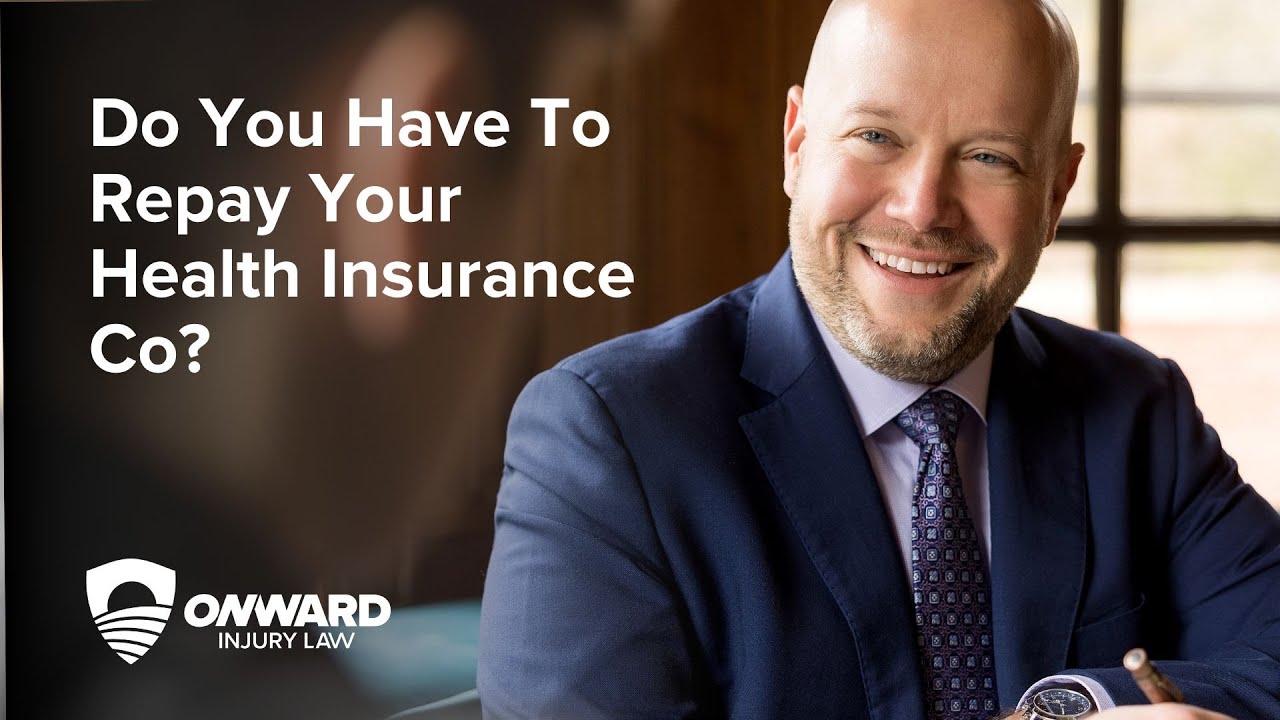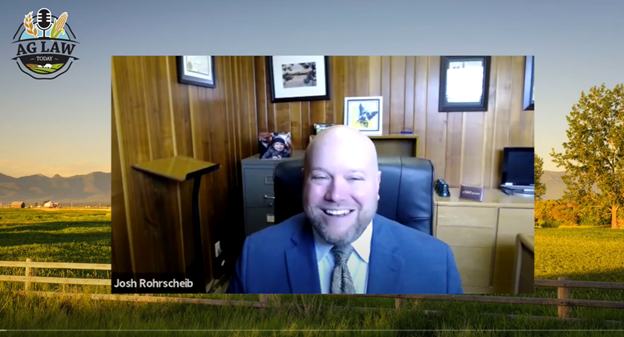Health Insurance Subrogation: Do You Have to Repay Your Health Insurance Out of a Personal Injury Settlement?

Health insurance is an essential aspect of our lives, and it provides us with the financial protection we need in case of any medical emergencies.
However, if you’ve been in an accident and received a personal injury settlement, you might have to repay your health insurance company out of your settlement.
With a Bloomington personal injury lawyer, you can explore health insurance subrogation, its meaning, and how it works.
What Is Health Insurance Subrogation?
Health insurance subrogation is a legal concept that allows an insurance company to recover the money it paid for your medical expenses from any settlement or award you receive from a third party. It is a right given health insurance reimbursement under your insurance policy. Essentially, the insurance company is entitled to be reimbursed for any amounts it paid for your medical care that were the responsibility of a third party.
Why Do You Have to Repay Your Health Insurance?
Your health insurance contract typically includes language that gives the health insurance company the right to be repaid for what they pay out on your behalf if you recover from a third party for your injuries.
If you receive a settlement or award from a third party, your health insurance company may have a subrogation right to recover the amount paid for your medical expenses.
How Does Health Insurance Subrogation Work?
When you receive a settlement or award from a third party, your health insurance company may assert its subrogation rights and demand reimbursement for the amount it paid for your medical expenses.
The reimbursement amount you owe may vary depending on your health insurance plan and the nature of your case. Sometimes, your health insurance company may take a percentage of the amount it paid for your medical care, while it may expect full reimbursement in other cases.
It’s important to note that not all health insurance plans include subrogation rights, and even those that do may not have an enforceable lien or may waive any kind of subrogation lien if the injury victim is a minor.
Additionally, if you’re recovering from your insurance policy instead of an at-fault party’s insurance policy, you may not owe a lien.
Should You Assume You Have to Repay Your Health Insurance?
You should not assume you must repay your health insurance company out of your personal injury settlement.
You should hire a personal injury lawyer to review your health insurance plan documentation, talk with your health insurance company, and get the right answer for your case. There are many exceptions to health insurance subrogation, and an experienced injury lawyer can help you navigate the process and ensure that you don’t pay more than you owe.
Final Thoughts
Health insurance subrogation is a complex legal concept that can be difficult to navigate without the help of an experienced injury lawyer.
If you’ve been in an accident and received a personal injury settlement, you may have to repay your health insurance company out of your settlement, but this depends on the nature of your health insurance plan and the nature of your case.
To better understand your situation, contact us at Onward Injury Law and schedule a free consultation with an experienced injury lawyer. We can review your plan documentation, talk with your health insurance company, and provide you with the best possible outcome.



